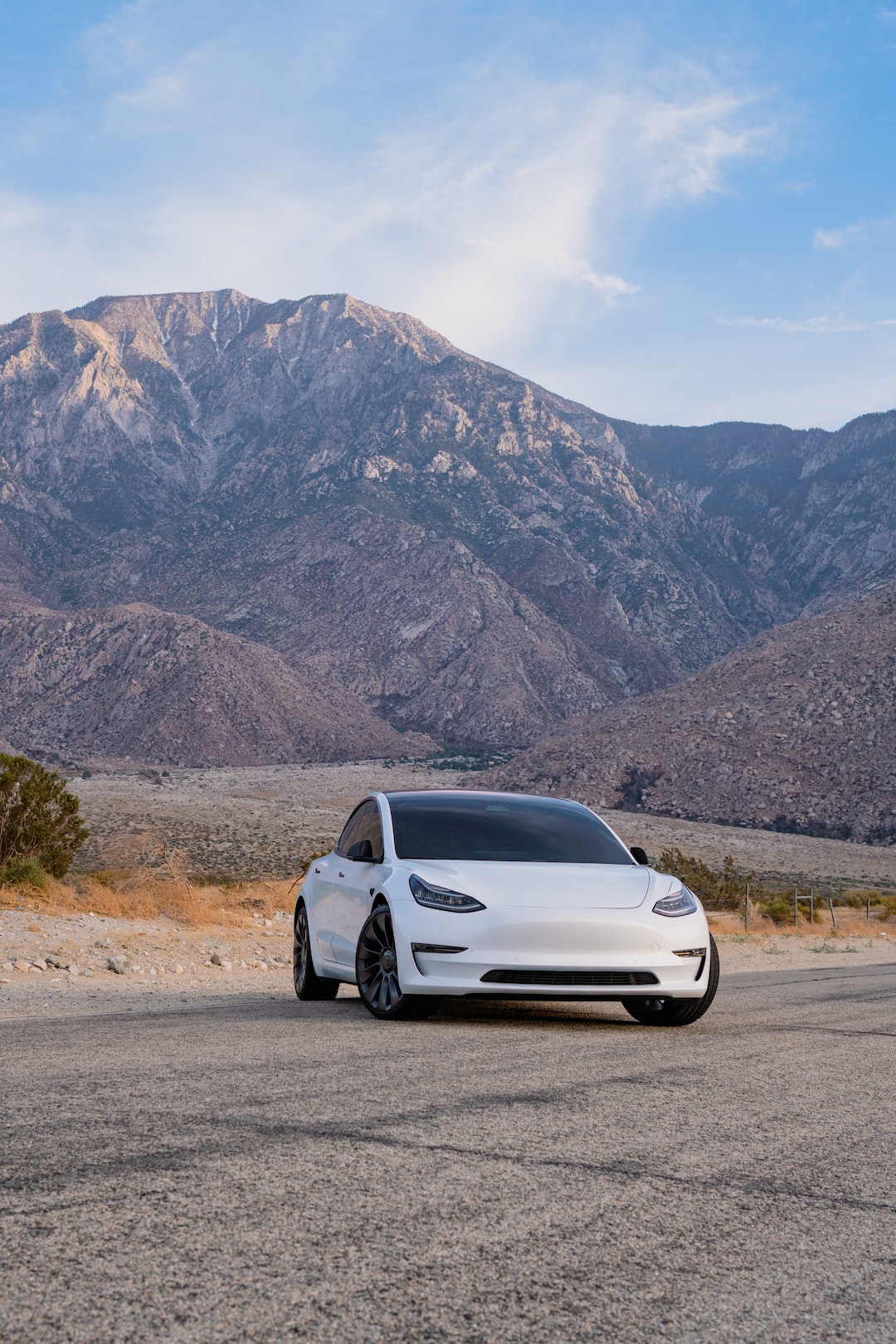How to Maximize Fuel Efficiency: Tips and Tricks
With rising fuel costs and increasing environmental concerns, there is no better time than now to maximize your vehicle’s fuel efficiency. Not only will this save you money at the pump, but it will also reduce your carbon footprint and contribute towards a greener planet. In this blog post, we will discuss some effective tips and tricks that can help you achieve optimal fuel efficiency.
1. Maintain Proper Tire Pressure: Ensuring that your tires are properly inflated is essential for fuel efficiency. Underinflated tires create more resistance, making your engine work harder and consuming more fuel. Regularly check your tire pressure and inflate them to the recommended levels as stated in the vehicle manual.
2. Avoid Excessive Idling: Idling your vehicle not only wastes fuel but also causes unnecessary pollution. If you know you will be stationary for more than a minute, consider turning off your engine. Restarting the engine consumes less fuel than idling for an extended period.
3. Reduce Excess Weight: Excess weight in your vehicle can lead to increased fuel consumption. Remove any unnecessary items from your trunk or cargo space to reduce the weight and improve your fuel efficiency. Clean out your vehicle regularly and only carry what you need.
4. Plan Your Trips: Effective trip planning can help maximize your fuel efficiency. Combine multiple errands into one trip instead of making several separate trips. By minimizing the number of times you start and stop your engine, you can significantly reduce fuel consumption.
5. Choose the Right Octane Fuel: Selecting the appropriate octane fuel recommended by the manufacturer for your vehicle can improve fuel efficiency. Using higher octane fuel than required offers no additional benefits and only adds unnecessary expense.
6. Drive Smarter: Your driving habits have a significant impact on fuel efficiency. Avoid sudden accelerations and harsh braking as these actions consume more fuel. Maintain a consistent speed and anticipate traffic patterns to avoid unnecessary stops and starts. Smooth and gradual acceleration and deceleration are key to maximizing fuel efficiency.
7. Use Cruise Control: Utilizing cruise control can help maintain a steady speed while driving on highways or long stretches of road. This reduces fuel consumption by preventing unnecessary acceleration and deceleration. However, it is important to turn off cruise control when driving uphill or in heavy traffic.
8. Keep Your Vehicle Properly Maintained: Regular maintenance is crucial for optimal fuel efficiency. Follow the recommended maintenance schedule for your vehicle, including oil changes, air filter replacements, and spark plug inspections. A well-maintained vehicle performs more efficiently, resulting in better fuel economy.
9. Reduce Air Conditioning Usage: While air conditioning provides comfort during hot weather, it can significantly impact fuel efficiency. To save fuel, limit the use of the air conditioning system or use it at a lower setting. Alternatively, you can roll down the windows for quick cooling at lower speeds.
10. Choose the Most Fuel-Efficient Route: With the help of modern navigation technology, you can select the most fuel-efficient route to your destination. This includes avoiding unnecessary detours, congested areas, and routes with frequent stoplights. By taking the shortest and least congested route, you can minimize your fuel consumption.
In conclusion, maximizing fuel efficiency is not only beneficial for your wallet but also for the environment. By following these simple tips and tricks, you can achieve better mileage and reduce your ecological impact. Remember, small changes in driving habits and vehicle maintenance can make a significant difference in your fuel economy. Start implementing these tips today and see the positive impact on both your savings and the planet.

